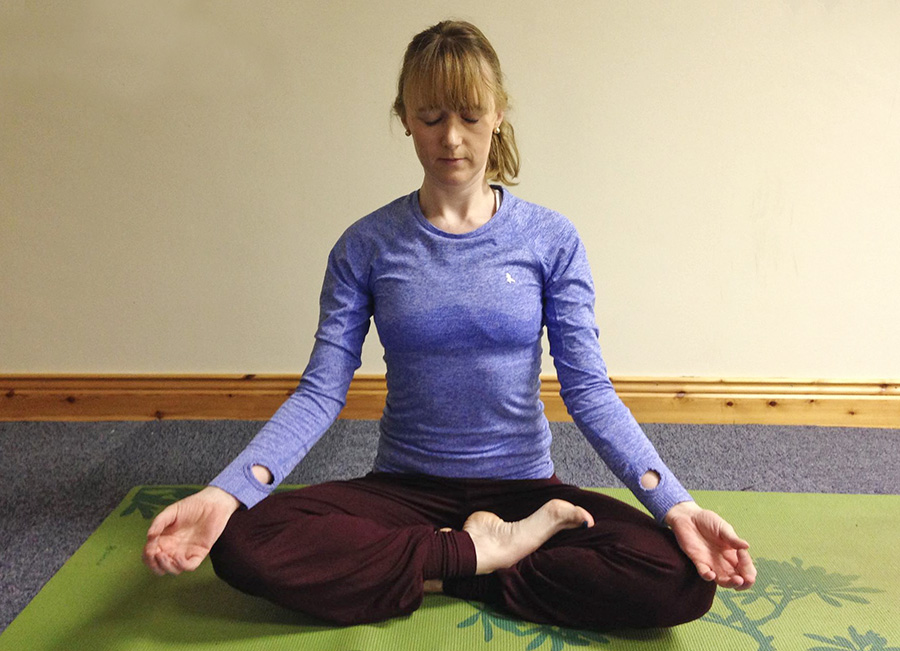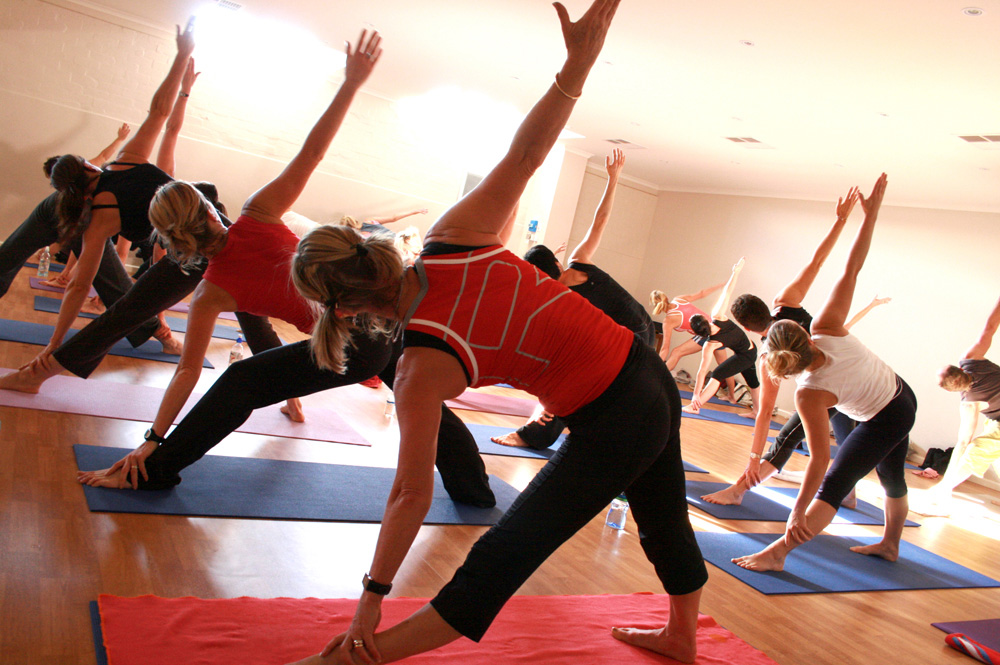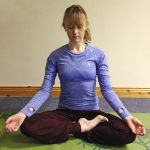In its traditional form, yoga is a philosophy of all-round personal development—a gentle way to health and well-being.
It’s been in existence for thousands of years, encompassing mind, body, spirit, diet, your attitude to yourself and others, as well as the environment.
But in the West, it usually means Hatha yoga, which focuses on the physical side. This is the style taught in most classes.
The theory is that Hatha yoga students gain mastery over their body through practising the postures (asanas in Samskrit) and by controlling their breathing. Once the body is under control, students can start to gain control over the mind through meditation.
Unlike other types of physical exercise, yoga encompasses both body and mind so the postures should be done with concentration and awareness, as though you’re doing them for the first time.
The postures are not just a means to physical fitness; they also lead to a well balanced, flexible body and clear mind. Yes, they tone and reshape the outside of the body, but they also stimulate the internal organs and the nervous system.
What Yoga is Not
A common misconception is that yoga is only for the flexible and fit. But you do not have to be young, strong, athletic or even in good health to practice.
Yoga therapists will tell you that the people who have no experience of yoga or who thought they couldn’t possibly begin to do it, are the very people who progress fastest and benefit the most.
It has helped people with all kinds of physical, mental and emotional problems: old people, stiff people, people with years of chronic pain, depressed people, schizophrenics, children with Down’s syndrome, cerebral palsy, and autism. Yoga has helped cancer patients and people with heart disease.
Dr Timothy McCall, a US physician who came to yoga in middle age and now devotes himself to researching its medical benefits, says studies ‘have found yoga to be an effective treatment for a variety of medical problems, from heart disease to carpal tunnel syndrome..’
The other main misconception about yoga is that it is a religion—it isn’t. There is certainly a spiritual side to yoga, but you don’t have to subscribe to any particular beliefs to benefit from it.
To really grasp what yoga can do, you need to experience it for yourself. As Dr McCall put it, ‘If you find yoga brings you nothing, you won’t have lost much. But if you find the experience as eye-opening as I have, you have a whole world to gain.’
Yoga in Claregalway

Yoga with Gráinne takes place upstairs in Hughes SuperValu, Claregalway on Tuesday mornings and Thursday evenings.
Tuesday morning 10–11am—all levels welcome.
Thursday evening 6.45–7.45pm—all levels welcome.
For further information contact Gráinne at 087 923 4669.
Cover Photo Credit: LocalFitness.com.au




